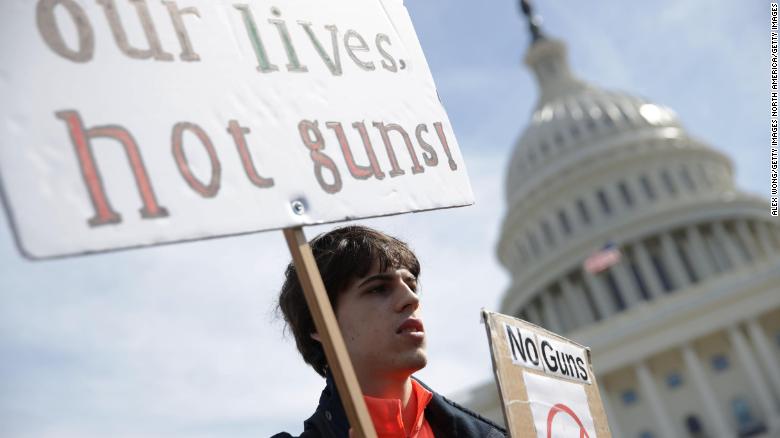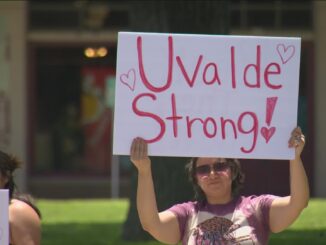
Mass shootings have ravaged across the United States in recent years. It seems as if the late 1990s’ Columbine High School massacre spurred a wave of countless mass killings, with gunmen perpetrating such horrendous acts of terror in schools, churches, malls, and other places where people tend to gather en masse. Legislators have been hard-pressed to find answers to these mass shootings, though no such legislation has done much. As a matter of fact, not many pieces of legislation have been passed to curb such issues in the first place. After all, how does legislation stop people from wanting to commit such crimes?
Extreme risk protection order laws, also known as ERPO laws or “red flag” orders, are a new breed of laws that are aimed at curbing the number and extent of mass attacks on the public.
Put simply, ERPO laws make it legal to temporarily take firearms away from people who are deemed by governments to be at a high risk of hurting their own selves or other people. A recent study from the Annals of Internal Medicine, a well-respected medical journal, published earlier today, Monday, Aug. 19, 2019, purports that intervention on a personalized, “urgent” level can prove effective in curbing the number of mass shootings by preventing them from taking place.
The aforementioned study, titled “Extreme Risk Protection Orders Intended to Prevent Mass Shootings: A Case Series,” looked at the 414 cases of gun violence restraining orders in California in the three-year period beginning Jan. 1, 2016. Researchers requested information on those 414 cases and received a total of 159 records on which their analysis was based.
An alarming 21 of these 159 instances involved a person who would soon get their hands on firearms or who already had access to them and “made a clear declaration of intent” to carry out a public attack via firearm or explicitly showed behavior that suggested they had intent to perform a mass shooting.
Unfortunately, there is no way to know the outcome of these cases, though it’s safe to assume that at least one of them would have resulted in a firearm death.
In a report by Time, rhe researchers made clear that their study didn’t indicate a causal relationship between ERPO laws and preventing mass shootings. Further, they said that it’d be helpful to look at similar cases in other jurisdictions, even those in other countries.
A total of 17 states have passed ERPO laws so far, including Washington, DC.














Leave a Reply
Be the First to Comment!
You must be logged in to post a comment.
You must be logged in to post a comment.